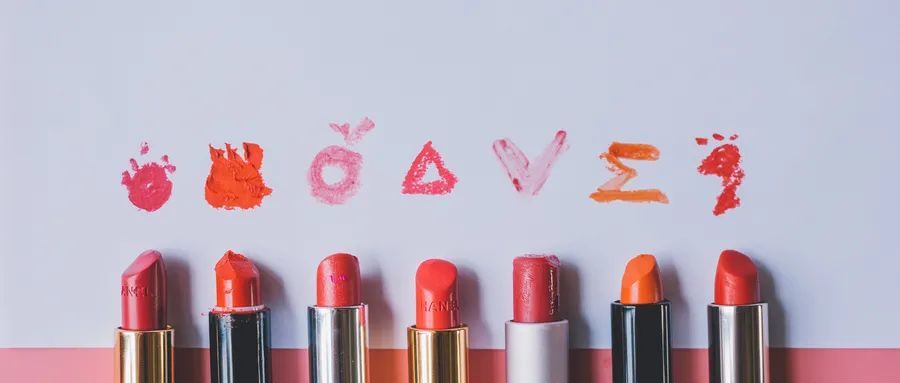化妆低龄化趋势早已引起学界重视,学者们担忧过早化妆对青少年身心健康产生不利影响。研究显示,青少年热衷于化妆的动机与自我悦纳、文化规训和认同需要等成人化妆动机大相径庭。例如,化妆被女性青少年视为成人的仪式,或者是模仿、好奇等等。虽然化妆低龄化多见于日本和韩国,但应引起我国产业界和学界警惕,国内甚至出现少年美妆主播,化妆低龄化趋势十分明显。
众所周知,大部分的化妆品都含有化学防腐剂,其中苯氧乙醇就是代表。这些东西被吸收进体内后会促进女性荷尔蒙的生成。这类物质会导致10多岁的少女性早熟,妨碍其身体其他部位的正常生长,例如身高。另外,低龄化妆者患子宫癌、卵巢癌、乳腺癌的几率也会大幅增加。口红中包含的色素黄色204、红色219、黄色4、红色202号等含有重金属,容易诱发重金属中毒和过敏症。而含有香料三乙醇胺等成分的化妆品则易诱发肾功能障碍、头痛和眩晕症(见《南方教育时报》2016年04月22日头版)。
学界应加强低龄人群化妆动机和行为的调查研究,为引导和干预其不健康行为提供理论支撑,政府监管部门应加强儿童化妆品质量监管,评估化妆给未成年人身心造成的实际影响,为市场监管提出政策建议。

The trend of low age make-up has already attracted the attention of the academia. Scholars worry that early make-up will have negative effects on the physical and mental health of teenagers. The research shows that the motivation of teenagers to make-up is quite different from that of adults. For example, make-up is regarded as ritual to be an adult by female teenagers, or imitation, curiosity and so on. Although teenagers even children make-up is more common in Japan and South Korea, it should arouse the vigilance of domestic industry and academia. Younger beauty anchors online see the obvious trend of younger make-up in China.
The academia should pay close attention to the motivation and behavior of young people's make-up, so as to provide theoretical support for guiding and intervening their unhealthy behaviors. The government regulatory department should strengthen the quality supervision of children's cosmetics, evaluate the actual physical and psychological impact of make-up on minors, and put forward policy suggestions for market supervision.



